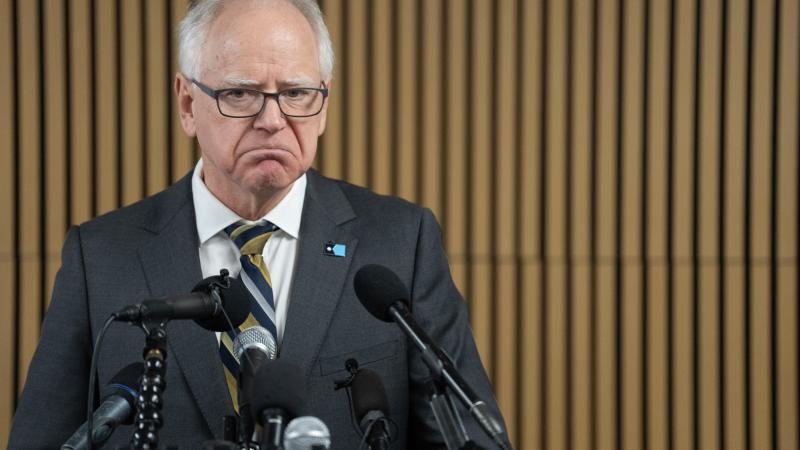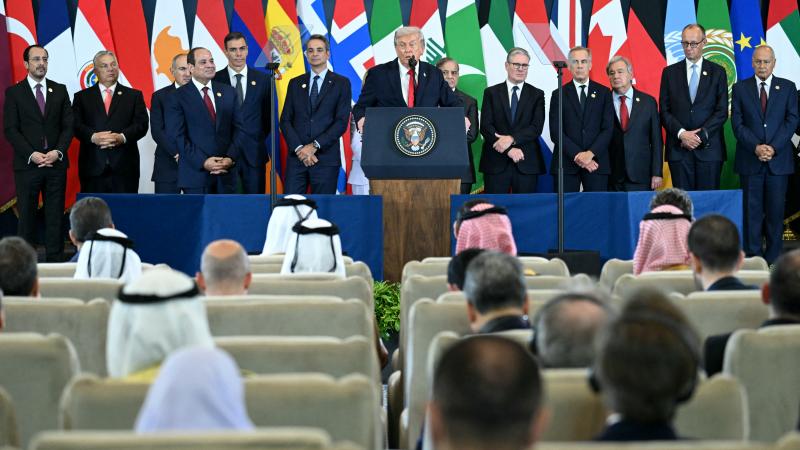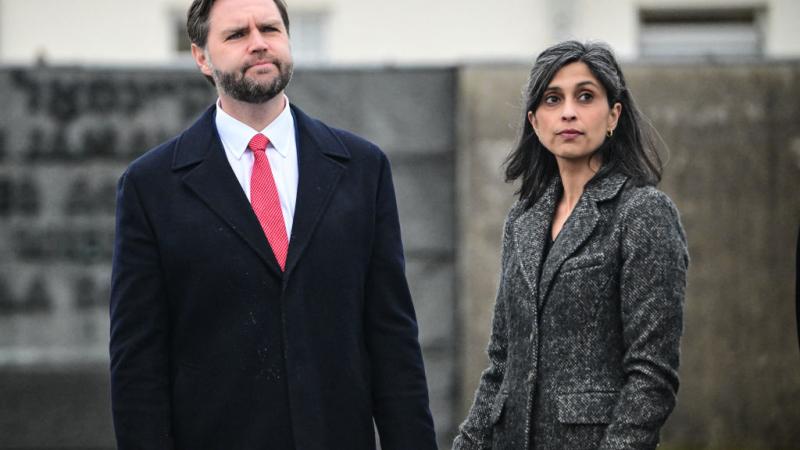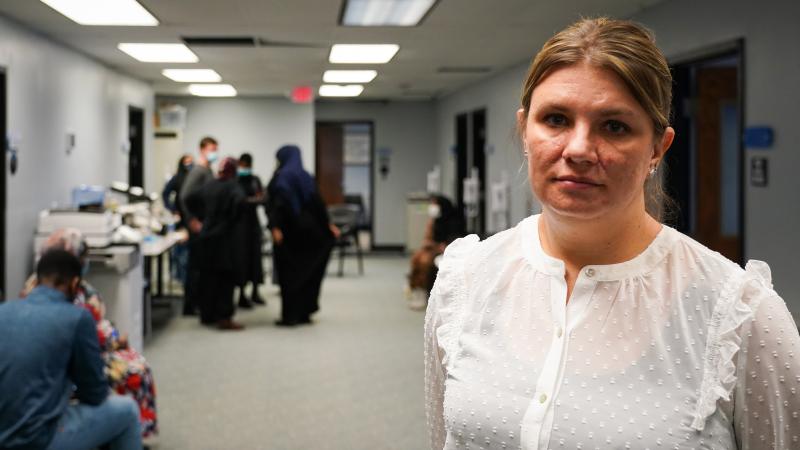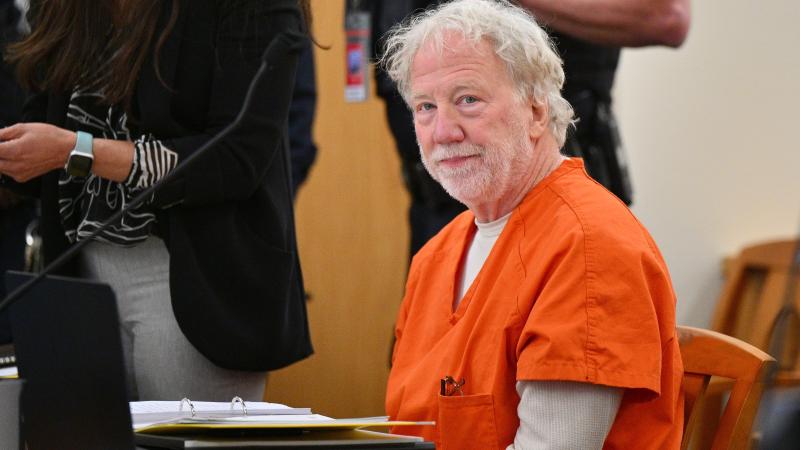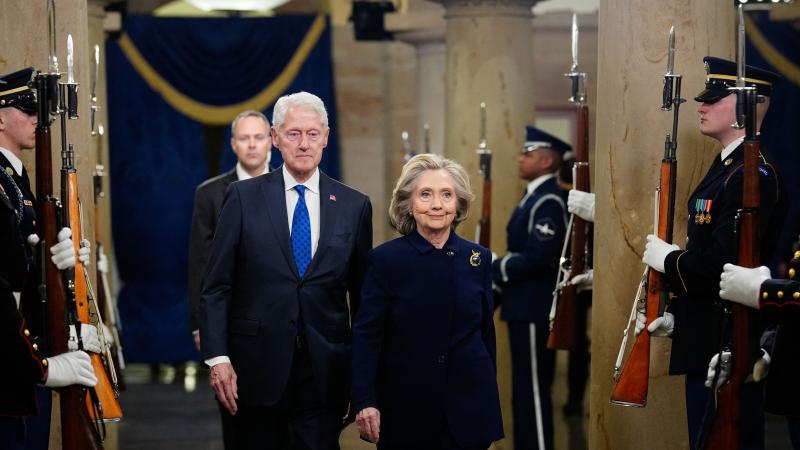Connecticut to move presidential primary date
Even if Lamont signs off on the changes, Connecticut would still be held after the March 5 "Super Tuesday," which features primaries in California, Massachusetts, Texas and Vermont.
(The Center Square) — Connecticut is one of the last states in the nation to hold a presidential primary, but that would change under a proposal awaiting action by Gov. Ned Lamont.
A proposal approved by the state Legislature last week during a special session would change the presidential primary date to the first Tuesday in April, which in the next nominating cycle would be April 2. Under the current law, the primary is held on the last Tuesday, which would be April 30. Lamont, who backs the move, is expected to sign the bill into law.
"Moving the date of our presidential primary slightly earlier will give voters of all political parties in Connecticut a greater voice in the outcome of these primaries," Lamont, a Democrat, said in a recent statement.
The move to update the primary date was pushed by an unlikely alliance between leaders of the state's two largest political parties, who argued that the late election disenfranchised Connecticut voters and candidates.
"For too many years, Connecticut voters have been shortchanged by a primary date that came after most of the decisions about the field of candidates in both major parties had been made," Nancy DiNardo, chairwoman of the state's Democratic Party, said in a statement.
Secretary of State Stephanie Thomas, a Democrat who oversees the state's elections, also supports the changes, which she said would give Connecticut voters "a greater voice in the presidential primary outcome."
Even if Lamont signs off on the changes, Connecticut would still be held after the March 5 "Super Tuesday," which features primaries in California, Massachusetts, Texas and Vermont.
Connecticut was one of 20 states that submitted a bid to host an early primary to the National Democratic Committee, which has proposed a major shake-up in the party's presidential nominating calendar.
Last year, the DNC's Rules and Bylaws Committee voted to make South Carolina the first state to hold a primary, followed by Nevada and New Hampshire, and later Georgia and Michigan, before Super Tuesday. The panel also bumped Iowa — which holds its presidential caucuses ahead of New Hampshire's primary — down in the primary calendar.
The changes, which the full DNC must still approve, were requested by Democratic President Joe Biden, who asked DNC leaders to approve the early state lineup.
New Hampshire has so far refused to concede its first-in-the-nation spot despite the threat of sanctions by the DNC, which has given the state until Oct. 14 to comply with the new rules.
South Carolina was a key battleground state in Biden's win in the 2020 presidential elections.




